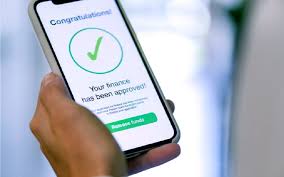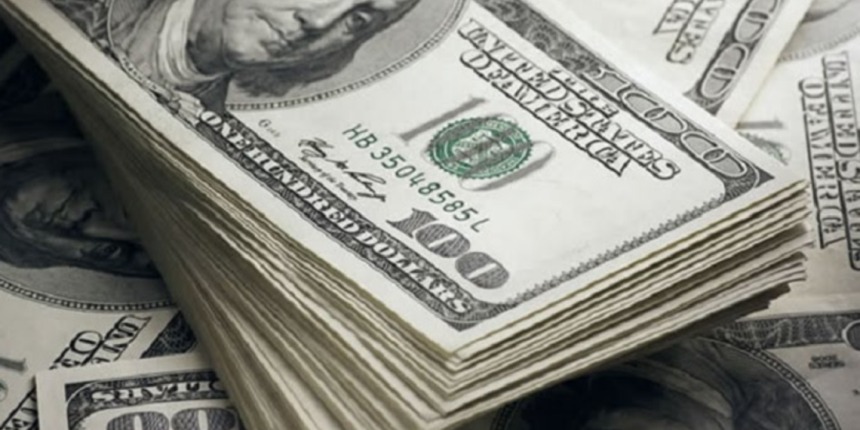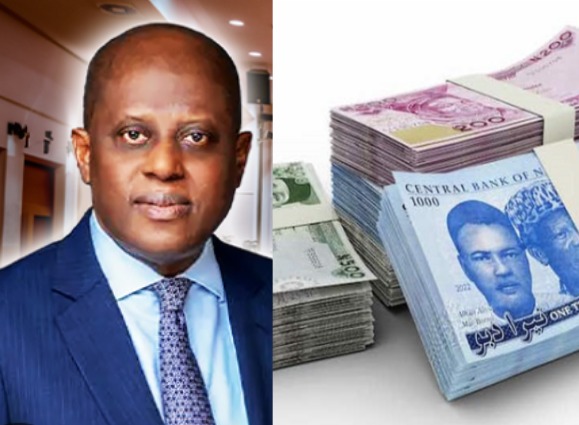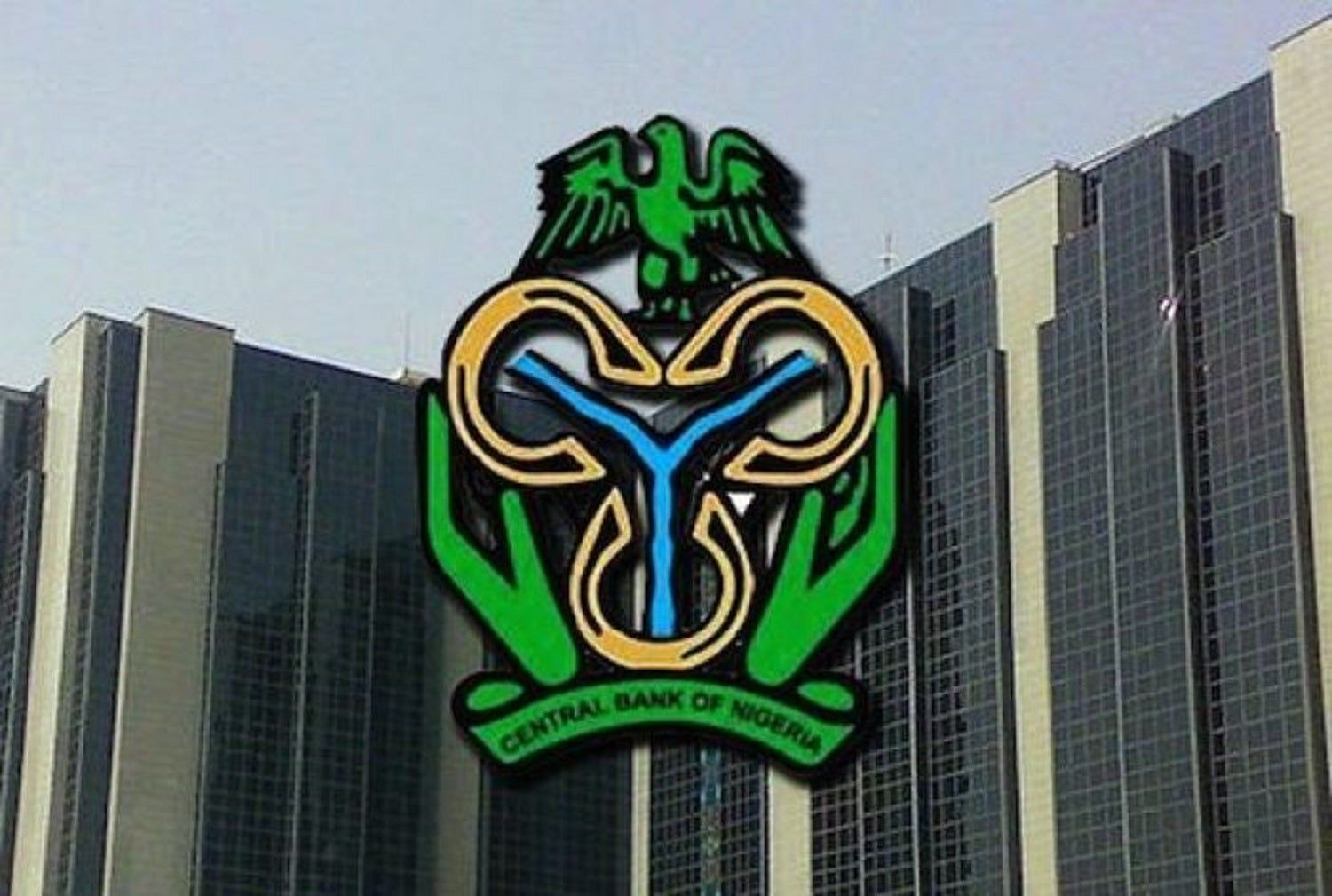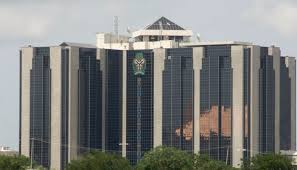The Central Bank of Nigeria, CBN, has threatened to sanction banks that limit Automated Teller Machines (ATM) withdrawal to less than N20,000 per transaction.
The apex bank disclosed this in a document addressing concerns over the reviewed fees on ATM withdrawal.
Recall that CBN on Tuesday increased ATM transaction withdrawal fees, saying, from March 1st, bank customers will pay N100 charge for every N20,000 withdrawal from the on-site ATM of other banks.
The CBN in a circular to banks and other financial institutions, the CBN said, “ATM Transaction Fees On-Us for customers withdrawing at the ATM of the customer’s financial institution in Nigeria with No charge.
“Not-On-Us for withdrawal from another institution’s ATM in Nigeria; On-site ATMs will attract a charge of N100 per N20,000 withdrawal.
“Off-site ATMs will attract a charge of N100 plus a surcharge of not more than N500 per N20,000 withdrawal.
“The surcharge, which is an income of the ATM deployer/acquirer, shall be disclosed at the point of withdrawal to the consumer.
“International Withdrawals (per transaction) whether debit/credit card: Cost Recovery – exact charge by international acquirer.
“Furthermore, the three free monthly withdrawals allowed for Remote-On-Us (other bank’s customers/Not-On-Us consumers) in Nigeria under Section 10.6.2 of the Guide shall no longer apply.”
However, following widespread concerns over the limit on ATM cash withdrawal by banks, the apex and yesterday released a list Frequently Asked Question, FAQ, to clarify implementation of the new charge.
Related News
CBN to sanction banks with ATM withdrawal limit below N20,000
CBN says ATM withdrawals less than N20,000 also attract an N100 fee
Shehu Sani knocks CBN over increase in ATM charges
The CBN noted that the charges for withdrawals made from other banks on-site and off-site ATMs are based on banks allowing customers to withdraw up to N20,000 per transaction.
CBN said: “The fees are based on banks allowing customers to withdraw up to N20,000 per transaction. Any bank that compels a customer with sufficient funds in his/her account to withdraw less than N20,000 per transaction against the customer’s desire for a higher sum would be contravening this regulation’s spirit and sanctioned appropriately.
“Consumers that are denied the right to withdraw up to N20,000 per transaction are encouraged to file a complaint with the CBN using cpd@cbn.gov.ng.”
The regulator also explained that banks can not charge more than the stated fees, but a bank can charge a lower amount depending on its cost structure, among other things.
“The charges and surcharges are capped. Thus, banks and other financial institutions are not allowed to charge more than the fees prescribed in the circular.
“Note also that though the surcharge per transaction is capped, there is flexibility for a bank to charge a lower amount depending on its cost structure and business development drive.
To avoid paying ATM transaction fees, the apex bank said: “You should withdraw money from your bank’s ATM (On-Us transaction) to avoid the transaction fees.
“Additionally, limiting your use of off-site ATMs is advisable to minimise the surcharge.
“Further, consumers can explore other payment channels such as mobile apps, POS devices for payments, etc.”


